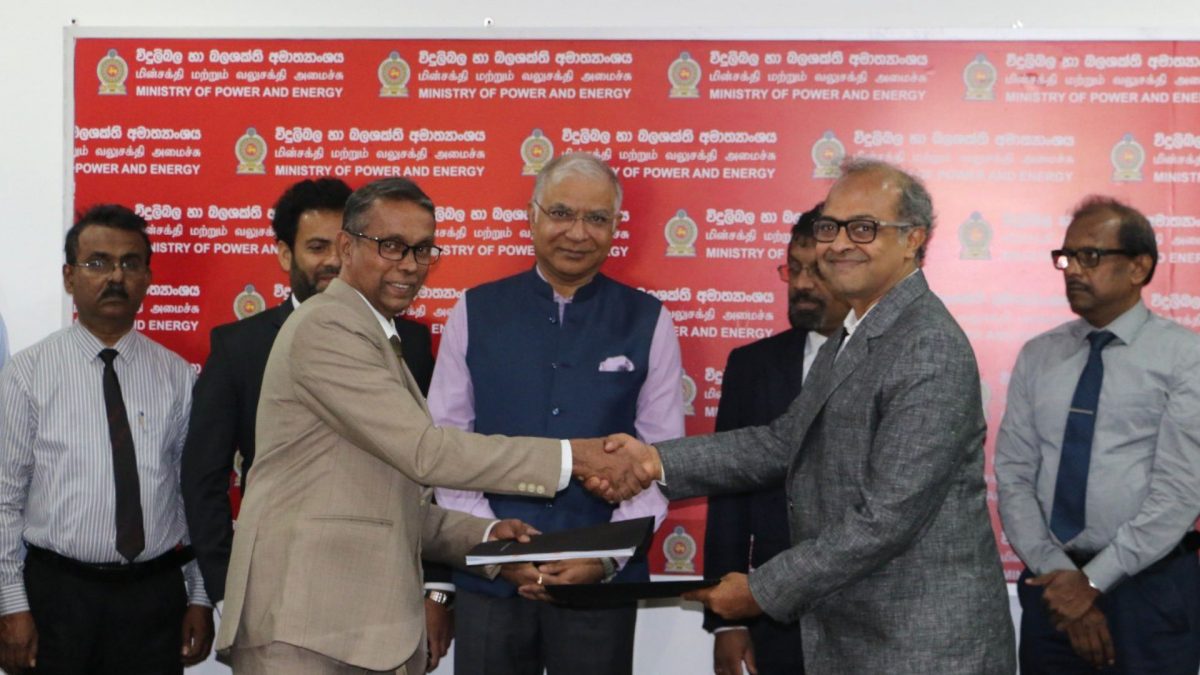Till some time back, direct evidence for the radicalisation of Muslim youth in India had been reports of how young men had been recruited by Lashkar-e-Taiba (LeT) to fight against the Indian forces in Kashmir or foment trouble within the country. They were not fiction, but real, and apparently a lot of youngsters fell for the radical ideas and other inducements.
While some of them died fighting in Kashmir and successfully created terror, many ended up in police net.
Now the LeT has one more ally to misguide and recruit Muslim youth from India - the Islamic State (IS), which is the latest face of global terror. In July, reports said that 18 men from Kerala, Tamil Nadu and Maharashtra were fighting overseas for the IS.
Mehdi Masroor Biswas, whom the police arrested in Bangalore for allegedly operating a twitter account to propagate IS messages is the latest in the line up of Muslim men who have gone astray. Hailing from Bengal, he had a good job and appeared to have been living a regular life until his twitter activity was discovered. Now, he has been charged with “ abetting war against Asiatic powers which are on friendly terms with India,” and “supporting an organisation banned by the United Nations and breaking laws connected to India’s Information Technology Act.”. His middle class existence is going to change for ever. Apparently, with direct connection with the IS, he had radicalised himself.
In August, two young men were arrested in Ramanathapuram in Tamil Nadu for their alleged sympathy with the IS, called ISIS then. What they had done, while the world was finding it difficult to come to terms with the cruelty of IS, was shocking. They made T-shirts with ISIS imprint and distributed them to local youth. The jubilant men even took a group-photograph and posted it on Facebook. “Both these men are active supporters of the ISIS and were seeking the support of others. They celebrated the cause of the ISIS by distributing T-shirts with the insurgent group’s emblem,” was the police version .
Luckily, the young men who posed with the two were let off, while the latter faced charges. One of the accused used to work in Bangkok. Out on bail, he now works in a local mutton stall because the police has impounded his passport.
Although making a case out of sporadic reports is too premature, the trend of radicalisation of faith is certainly disconcerting. Reportedly, this is what one of the IS recruits from Maharashtra wrote to his parents about his sister: “She watches lewd content on television and listens to music. On television, they show people smoking and dancing, and you watch that all day instead of praying. All this will lead you to burn in hell. I have to go and cleanse up the world.”
“I don’t want to live in this sinful country; the sun is setting on our backyard. It is time to take that greatest journey and migrate to the land of Allah,” another wrote.
In an article in 2010, journalist/researcher Luv Puri had delved on the trend of radicalisation of Islam in India. According to him, the first stage followed the demolition of Babri Masjid and the second, the Gujarat riots. The third stage, as he rightly pointed out, stemmed from religious conservatism and intolerance.
It’s this environment of conservatism and intolerance that defines the present wave of radicalisation which is certainly a cause for worry in a country with the world’s third largest Muslim population. There are many fronts that the radical thought works from. For instance, in Kerala, an organisation called Popular Front of India (PFI), galvanises the support of many other radical groups, and is a continuous source of extremist propaganda although it claims to work towards communal amity.
“Exacerbating this cycle of religious polarisation is the resurgence of Hindu extremist groups in the region,” adds Luv Puri. “The spate of blasts executed by groups such as the Indian Mujahidin resulted in the formation of Hindu militant groups seeking revenge against Muslims. Investigations are still unraveling about the extent of this development.”
It’s high time something is done from within the community because the signs are ominous. Otherwise, more and more young men like Biswas will fall for hate propaganda and radical thoughts. As the situation in Kerala, where Muslims are integral to the state’s political mainstream, shows, religious extremism and intolerance once allowed to breed are difficult to eradicate. If there’s no effort from within the community, more and more young people will ruin their lives while endangering communal amity and peace.


)




)
)
)
)
)
)
)
)